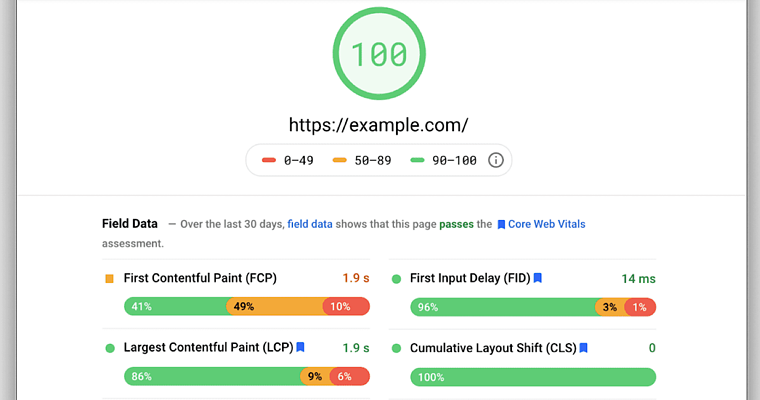
How your website ranks online is always changing. Search engines are constantly updating their algorithms and creating new rules. As marketers, web managers, and business owners, all we can do is hang on for the ride.
With over 87% of the market share, Google is the search kingpin.
These are two search optimization updates from Google I thought might be helpful for your to know.
Duplicate Content Clarified
Previously, Google announced that duplicate content would incur a ranking penalty. This created concern from website owners, as there are many reasons the same content might appear multiple times on a website.
Google’s
John Mueller explains that having t
he same content on multiple pages is not going to inherently incur a penalty. For example, if you have the same description found in multiple products, it will not negatively impact your ranking.
Rather, Google will only show one result in search.
Can duplicate content hurt your ranking?
If you are using the same blog content across multiple web properties, only one result will show in search results, generally the domain the highest rank. It doesn’t pay to re-use content from other blogs, such as through an RSS feed, since Google isn’t going to include your content in search results (unless you have other reasons for using an RSS Feed).
In the end, creating valuable, original content is still the best content strategy. But if you have product pages or other reasons to include duplicate content, it will not negatively impact your website’s overall ranking on Google.
Core Web Vitals Ranking Boost
What are core web vitals?
Core Web Vitals are Google’s new standards for evaluating whether a page provides a good user experience.
The metrics consist of:
Largest Contentful Paint (LCP): Measures the speed at which a page’s main content is loaded. This should occur within 2.5 seconds of landing on a page.
First Input Delay (FID): Measures the speed at which users are able to interact with a page after landing on it. This should occur within 100 milliseconds.
Cumulative Layout Shift (CLS): Measures how often users experience unexpected layout shifts. Pages should maintain a CLS of less than 0.1.
This update combines the Core Web Vitals with currently used UX signals, including mobile-friendliness, safe-browsing, HTTPS-security, and intrusive interstitial guidelines, to determine ranking of websites.
Search optimization (SEO) is a daily battle. Good luck out there!
Looking for some help with your website?
Ask us how we help our customers rank on the first page of Google for their local search terms.


